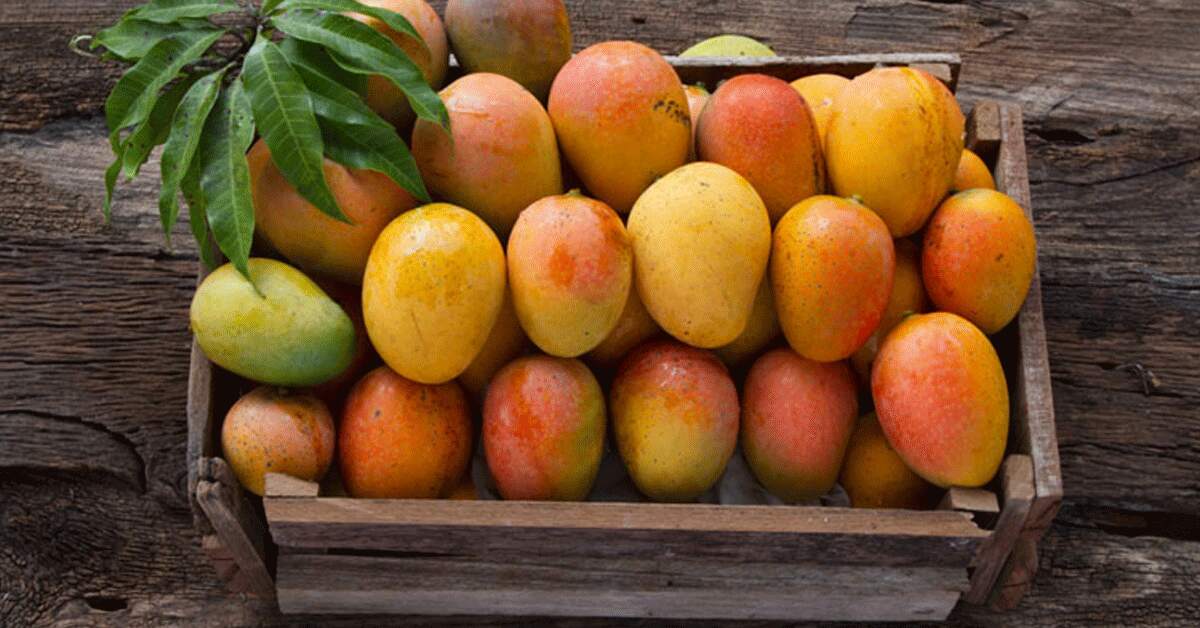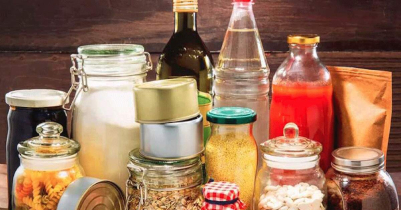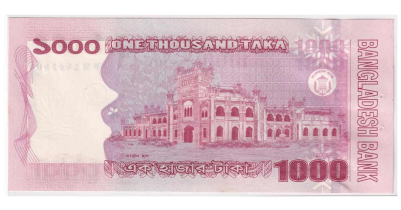Eye News Desk
How to pick a good Mango

There are roughly 1,100 varieties of mango grown in the world, with the majority of the fruit coming from India. They're also grown in Mexico, throughout South America, and in a variety of tropical locations.
Depending on the time of year and the region they come from, mangoes are available in a wide variety of colors, shapes, and sizes. To pick a good mango, you can learn a little bit about the features of the most common varieties and learn what to look for to find the best one. See Step 1 for more information.
- Touch and feel around the entire mango
Ripe mangoes will be slightly soft to the touch just like avocados and peaches, but not soft or mushy enough to where your fingers sink into or through the skin.
On the other hand, if you do not plan on eating the mango for a few days, you may want to choose a mango with firmer skin and allow the mango to ripen some at home. Ripening mangoes is discussed the a method below.
- Inspect the mango visually
The ideal mango should be football-shaped, so you should choose mangoes that are full, plump and rounded, especially around the stem. Sometimes ripe mangoes will have brown spots or speckles, which is perfectly normal.
Do not pick flat or thin mangoes because they are likely to be stringy. Avoid choosing mangoes with wrinkled or shriveled skin because they will no longer be ripe.
Ataulfo mangoes, however, are often very wrinkly and soft before they're perfectly ripe, so try to learn about the different varieties before deciding. The differences are covered below in a subsequent section.
- Smell mangoes near their stems
Ripe mangoes will always have a strong, sweet, fragrant and fruity aroma around the stem. A ripe mango has a smell somewhat like melon, but also like pineapple, with a little hint of carrot thrown in. Ripe mangoes smell wonderful and sweet. If it smells like you'd want to eat it, you're in business.
Since mangoes have a high natural sugar content, they will ferment naturally, so the sour, alcoholic odor is a distinctive sign the mango is no longer ripe. Stay away from mangoes that smell sour or like alcohol because these mangoes may be overripe.
- Look at color last
In general, the color of mangoes is not the best way to look for ripeness. Since the colors of ripe mangoes can be bright yellow, green, pink, or red depending on the variety and season, color alone won't necessarily tell you much about the ripeness of a mango. Instead, familiarize yourself with the different varieties of mangoes and the seasons in which they thrive to learn more about what you're looking for.
- Learn about the varieties of different mangoes
Since mangoes have different colors and slightly different flavors depending on the current season and the region they come from, you may want to learn how to identify certain types of mangoes to heighten your overall experience with them. There are 6 different types of mangoes.
Read More
- How to Identify Fake Currency Notes in Bangladesh
- How to pick a good Mango
- Gifts you can give to children on Eid
- What is the Difference Between a Coma and Brain Death?
- Abnormal sleep patterns impact lung health
- Sea Level Rise in Bangladesh Faster Than Global Average
- 10 Father`s Day Gift Ideas for Retired Dads
- Osmani Hospital launched pass card system for patient`s relatives
- Summer and sundresses!
- 9 Common foods that don`t expire for years!






























